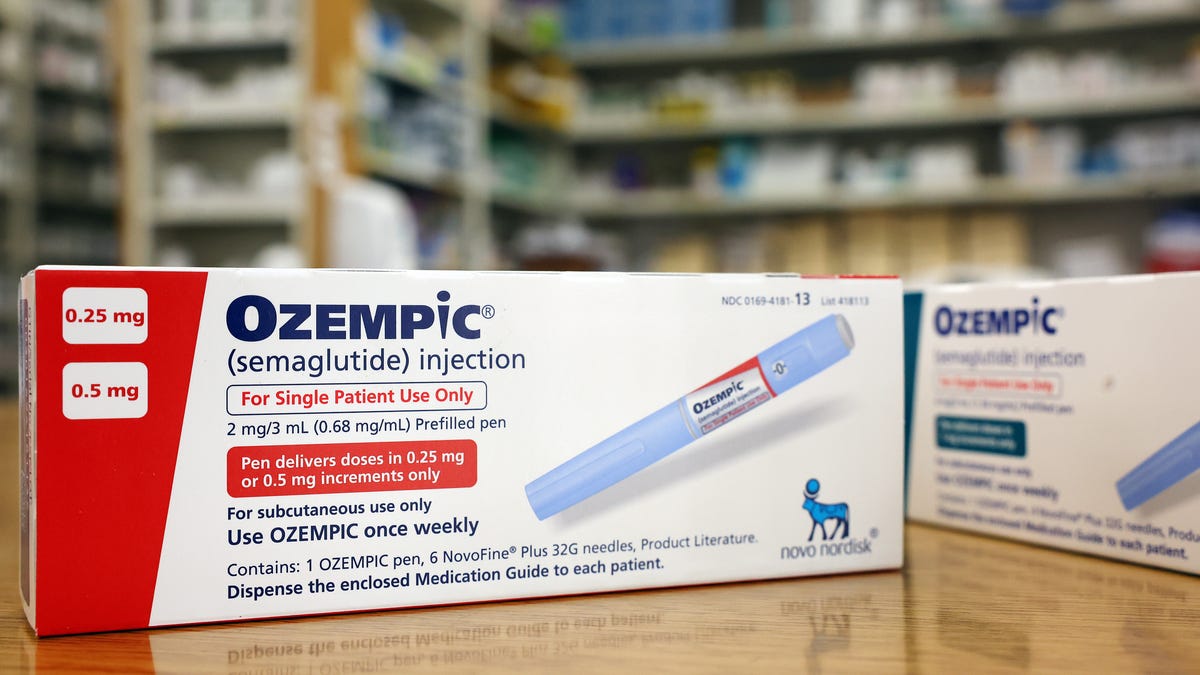The World Health Organization (WHO) issued a global alert Wednesday warning the public about fake batches of Ozempic across Europe and the Americas.
The WHO said it found fake Ozempic in the U.K. and Brazil in October and more falsified medicine in the U.S. in December.
It said the phony products were “supplied in the regulated supply chain,” raising questions about how bad drugs were getting into regulated and protected markets. Novo Nordisk, which manufactures Ozempic, confirmed that the weight loss drugs the WHO found were fake.
The WHO said using fake Ozempic could not only result in the weight loss drug being ineffective, but also said it “may pose other serious risks to health because of its subcutaneous injection administration that could be life-threatening.”
The organization said that as demand for GLP-1 drugs like Ozempic increases, reports of fake batches of the medicines are also rising. It is not clear how the fake drugs made their way onto the market.
Ozempic, which was made for people with type 2 diabetes in order to lower their blood sugar levels but has become a popular weight-loss drug for those without diabetes, is not currently a WHO-recommended treatment for diabetes due to its high cost.
UK healthcare authorities announced in October the seizure of fake Ozempic pens at two wholesalers that had been purchased from “legitimate suppliers” in Austria and Germany.
Authorities at the time said although the fake Ozempic had authentic packaging, the pens used to inject the medicine itself looked substantially different. German authorities published photos online showing the difference between real and fake pens to help people who use the medicine to spot falsified drugs.

